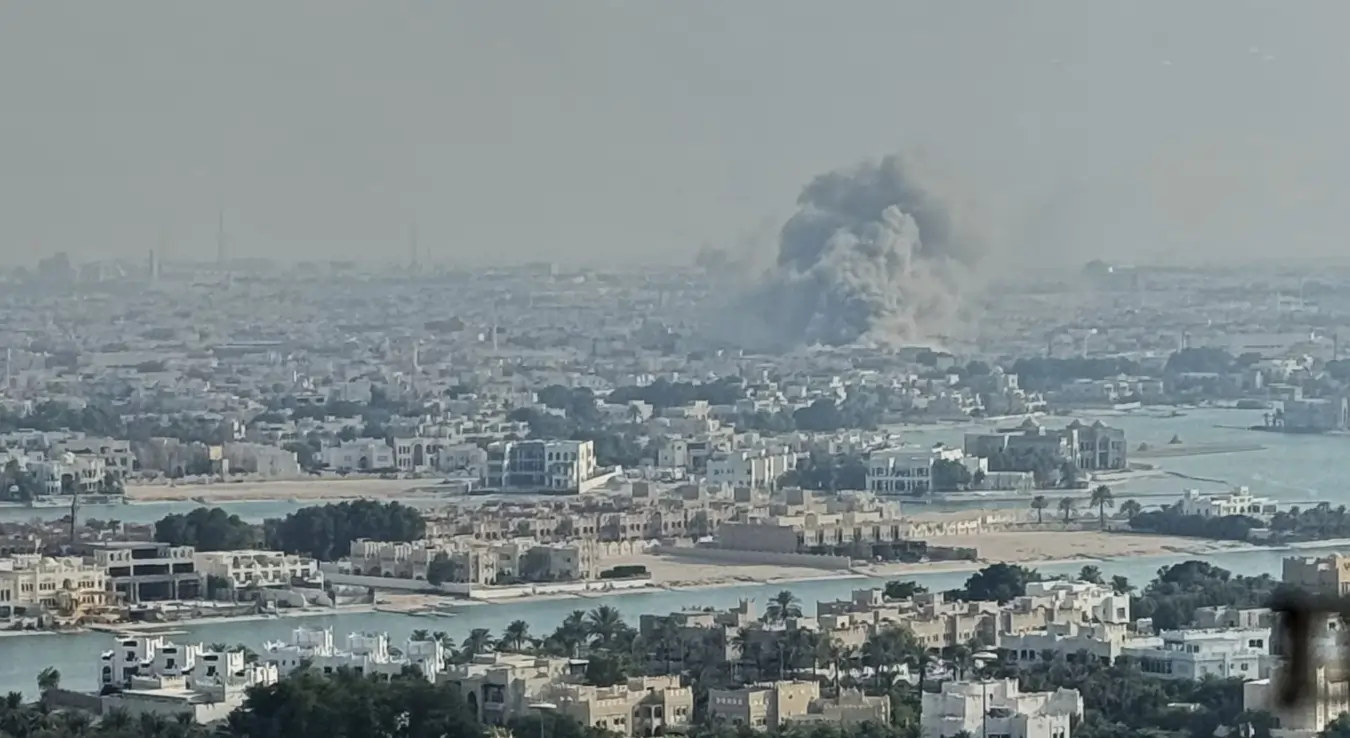Israel’s Unprecedented Air Strike in Qatar
A Dangerous Escalation in Middle East Tensions
On September 9, 2025, Israel crossed a significant red line by conducting its first-ever military strike on Qatari soil, targeting senior Hamas political leaders in a residential compound in Doha. This unprecedented attack has sent shockwaves through the international community and dramatically escalated tensions across the Middle East.
The Attack Details
At 3:46 PM local time, 15 Israeli fighter jets fired 10 munitions at a residential compound near the Woqod petrol station on Wadi Rawdan Street in Doha’s Leqtaifiya district. The strike targeted Hamas’s political leadership, including chief negotiator Khalil al-Hayya, former Hamas leader Khaled Mashal, and other senior officials who were meeting to discuss a US-proposed ceasefire for Gaza.
The attack resulted in six confirmed deaths, including al-Hayya’s son Humam, his office director Jihad Labad, three bodyguards, and a Qatari Internal Security Force corporal. However, Hamas claimed that all its senior leaders survived the assassination attempt.
Netanyahu’s Justification and Threats
Israeli Prime Minister Benjamin Netanyahu defended the strike as retaliation for a Jerusalem shooting that killed six Israelis the previous day. He compared the operation to America’s post-9/11 response, stating: “We did exactly what America did when it went after Al Qaeda terrorists in Afghanistan”.
Netanyahu issued further threats against Qatar, warning: “I say to Qatar and all nations who harbor terrorists, you either expel them or you bring them to justice. Because if you don’t, we will”. He accused Qatar of providing “safe haven” and financing Hamas while housing its leaders in luxury.
International Condemnation and US Response
The strike triggered widespread international condemnation, including from Israel’s closest ally, the United States. President Donald Trump expressed displeasure, stating he was “not thrilled about the entire situation” and that the attack “does not advance Israel or America’s goals”.
The UN Security Council unanimously condemned the attack, with Secretary-General António Guterres calling it a “flagrant violation” of Qatar’s sovereignty. Qatar’s Prime Minister Mohammed bin Abdulrahman Al-Thani labeled it “state terrorism” and declared that Netanyahu had “killed any hope” for the remaining hostages in Gaza.
Regional Implications
This attack marks Israel’s first direct strike on a Gulf Cooperation Council member state, potentially undermining years of diplomatic progress in the region. Qatar hosts the largest US military base in the Middle East at Al-Udeid, with approximately 10,000 American personnel.
The strike occurred while Hamas negotiators were discussing the latest US ceasefire proposal, effectively torpedoing ongoing mediation efforts. Qatar has been a crucial mediator alongside Egypt in Gaza ceasefire negotiations since the conflict began following Hamas’s October 7, 2023 attack.
Qatar’s Response and Future Implications
Qatar announced plans for an emergency Arab-Islamic summit scheduled for September 15-16 to discuss a collective regional response. The Gulf nation condemned Netanyahu’s “explicit threats of future violations of state sovereignty” and emphasized that Hamas’s office was established at the request of both the US and Israel for mediation purposes.
Prime Minister Al-Thani warned that “the entire Gulf region is at risk” and indicated that a coordinated response was being discussed with regional partners. Qatar’s foreign ministry stated it would work with partners to ensure Netanyahu faces accountability for what it termed “reckless and irresponsible behaviors”.
Conclusion
Israel’s air strike in Qatar represents a dangerous escalation that threatens to destabilize not only Gaza ceasefire negotiations but the entire regional security architecture. The attack has strained Israel’s relationships with Gulf allies, challenged US diplomatic efforts, and potentially eliminated one of the few remaining channels for dialogue between Israel and Hamas. As regional leaders prepare for an emergency summit, the incident underscores how the Gaza conflict continues to expand beyond its original boundaries, raising serious questions about the future of Middle East stability and diplomacy.
Read More:
- Nepal’s Gen Z Protests: A Political Revolution
- Top 25 Global Breaking News – September 12, 2025
- Quick Current Affairs: August 2025
- Afghanistan Earthquake Aftershocks Kill Thousands
- Trump Renames Pentagon as ‘Department of War’
- India’s Mission Sudarshan Chakra
- SpaceX Starship Flight 10 Achieves Historic Success
- Men We Reaped by Jesmyn Ward
- Conservative Activist Charlie Kirk Shooting Case




